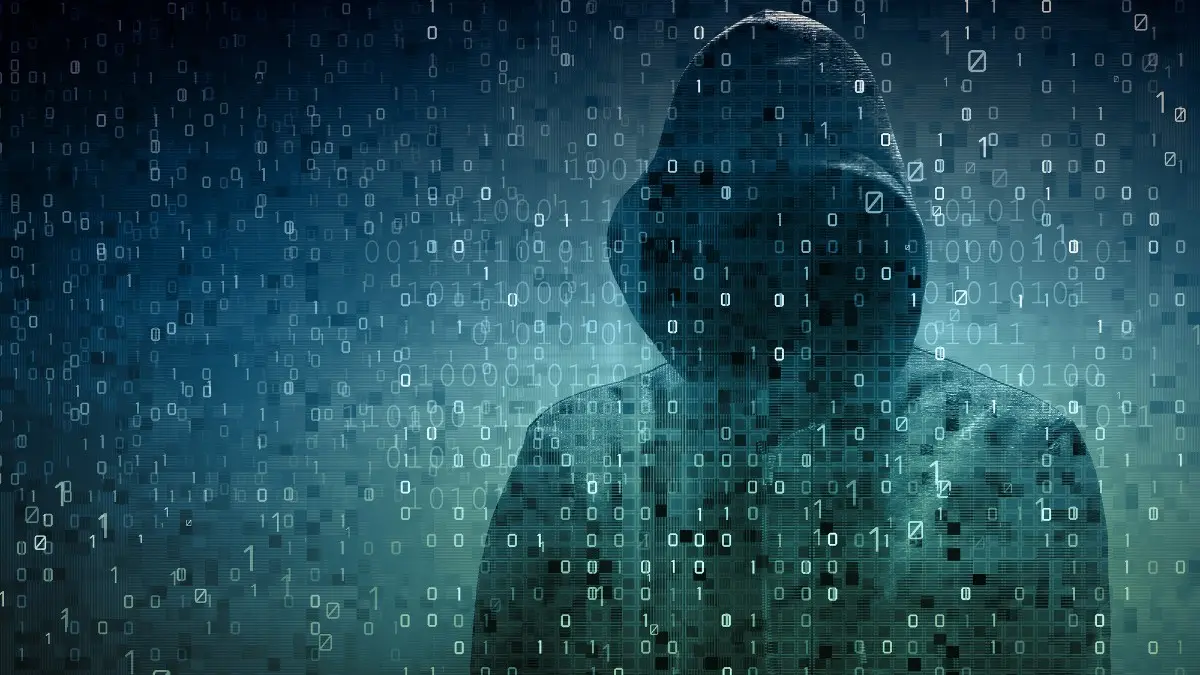E-commerce sales continue to grow and the number of online transactions increases every day. In fact, one study found that in 2018 nearly two billion people made online purchases, with sales amounting to 2.8 trillion dollars; and by 2021 e-commerce sales are expected to reach over four trillion dollars.
With so many transactions being done online, personal information becomes vulnerable to all sorts of threats and attacks. Hackers are everywhere and with technological advancements, and their methods of stealing data are becoming more complex and sophisticated.
As a business owner, you routinely collect personal information, whether it’s in the form of email addresses, credit card data, or employee payroll information. No matter the size of your business, this information is a prime target for cybercriminals. Last year, 43% of data breaches involved small businesses.
In order to protect your business assets, you need to be proactive and understand the threats your business faces to protect your business’s sensitive information. Here are the top cybersecurity threats to watch out for this year.
Phishing scams
You and your employees likely receive tons of emails and electronic messages on a daily basis. While most of these are legitimate, there could be dangerous links lurking in your inbox. If employees are not careful, one single click embedded in a fraudulent email or message can compromise your data and ruin the reputation of the business. In fact, the FBI found that phishing scams cost Americans $30 million a year.
According to the Federal Trade Commission, phishing emails often look legitimate and the email will attempt to get you to click on a link with a phony story about late bill payments, fake invoices, or promises of free stuff.
So, what can you do to protect your business against phishing scams? The best thing you can do is to train your employees on email best practices. As a general rule, never open an email from an unfamiliar account. You can also install multi-factor authentication tools on all of your email and messaging accounts. This will make it more difficult for scammers to get your account details.
Security breaches
If hackers get ahold of your account details, they can access all of your valuable data, exposing your database that may contain financial information, phone numbers, email addresses, and Social Security numbers. This kind of exposure makes it easy to steal personal information.
What can you do to protect your business against security breaches? Install a database or web application firewall to keep your server protected. For your physical assets, such as computer hardware, make sure to keep them in a secured and locked area so only those who are authorized can access it. In addition, always have a backup for data on your server.
Malware and ransomware
Malware and ransomware are programs designed to disrupt and damage your computer system. They could freeze or delete your files or hold data for ransom until you pay a fee to the hacker.
Businesses usually fall victim to these malicious programs when downloading suspicious or corrupted files onto a device. Removing malware or ransomware is often expensive and difficult, so your best defense against them is the prevention of installation in the first place.
According to Norton, these are some of the most common ways malware is downloaded:
- Software bundles: Free software may sound like a good idea, but there could be additional programs hidden within the software that can compromise your computer.
- File sharing services: Because these files move across multiple users and platforms, it increases that chance that the file contains malware.
- External Media: This could be in the form of a USB drive, DVD, or CD. If you don’t know what’s on it, don’t plug it into your computer.
In addition, always make sure your hardware and software programs are properly updated. Otherwise, your systems become susceptible to cyberattacks.
Credential stuffing
Some people use the same login details to access multiple accounts. This practice makes them susceptible to credential stuffing where hackers steal login details to access data. If you’re guilty of using the same password for everything, a hacker will have an easy time gaining access to all of your accounts.
What can you do to protect your business against credential stuffing? Make sure to use different passwords for each account and never share your password with anyone else. In addition, avoid common logins; if you and your employees all use the same platform, make sure everyone has a unique login.
Two-factor authentication can also be beneficial here in making sure only the right person is accessing the account. If you find it difficult to remember your passwords, try using a password management system that can help you keep track of them.
Accidental sharing of data
Nearly everyone has been guilty of it at some point, hitting “reply all” to an email you only meant to share with one person. One accidental click could mean sharing confidential information with people who should not have access to it. Usually caused by human error, accidental sharing of data can also happen in messaging tools and social media accounts.
Human error can be minimized if fewer people have access to information. You can also install a software program that actively monitors your data and alerts you if it’s been compromised.
The importance of Cyber Liability insurance
Many presume that only large companies are vulnerable to different kinds of cyberattacks, from identity theft and phishing scams to security breaches. The truth is, it doesn’t matter if you own a large corporation or if your business is just getting started.
If your business handles online transactions or maintains a database of customers’ personal information, you can be a target of hacking. One single insurance claim associated with cyberattacks can mean huge financial losses due to fees and penalties. It can likewise damage your business’s reputation, resulting in long-lasting damage to your operations.
The tips mentioned above are a great way to prevent cybersecurity issues, but despite your best efforts, you could still fall victim to hackers.
This is where Cyber Liability insurance comes in. This insurance policy is designed to protect your business from data breaches and cover the costs associated with cyberattacks. It’s important to have this policy in place before you need it. That way, if a cyberattack does happen, the policy can cover loss of digital assets, legal and settlement fees, and notification costs.
These views are made solely by the author.



